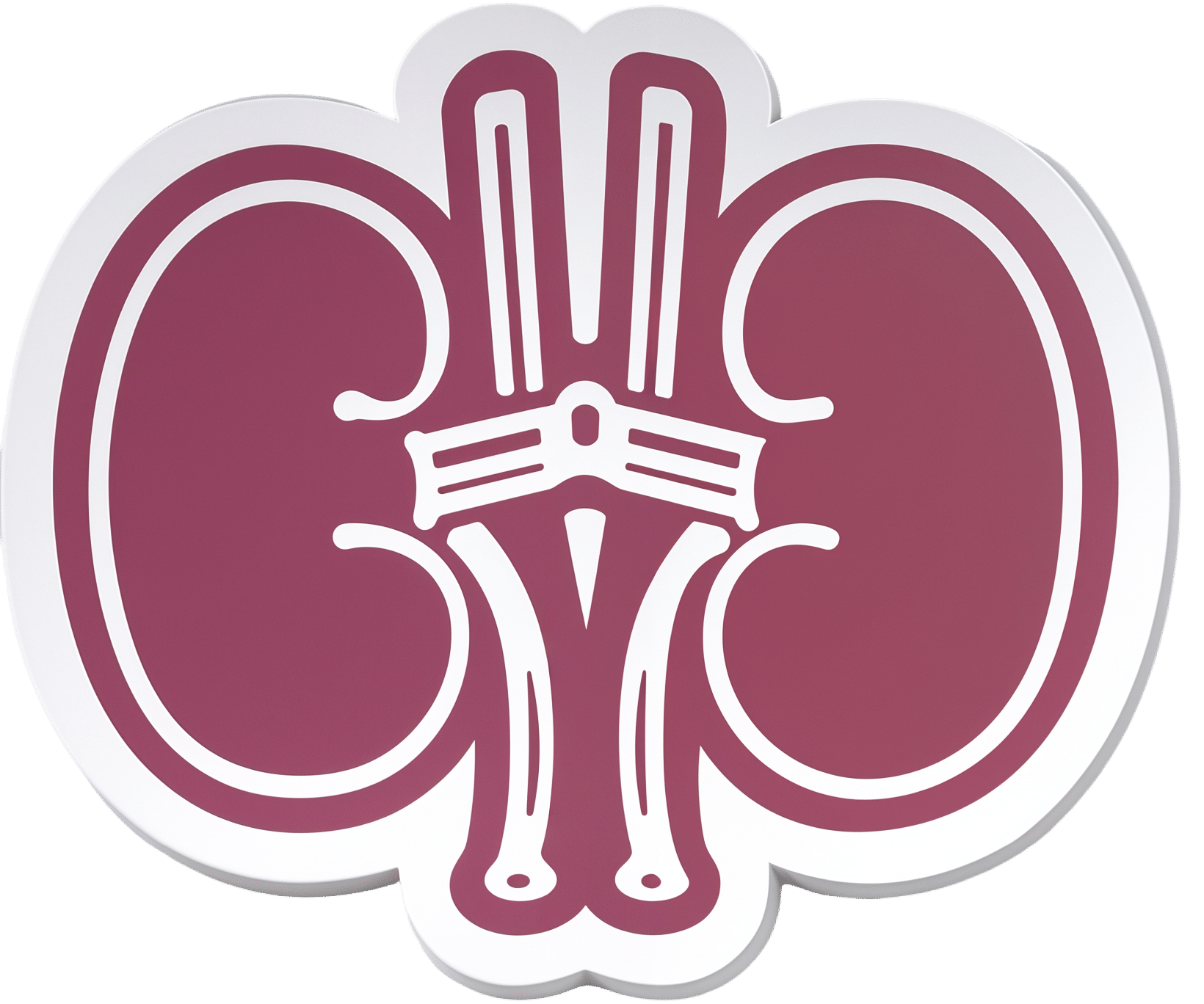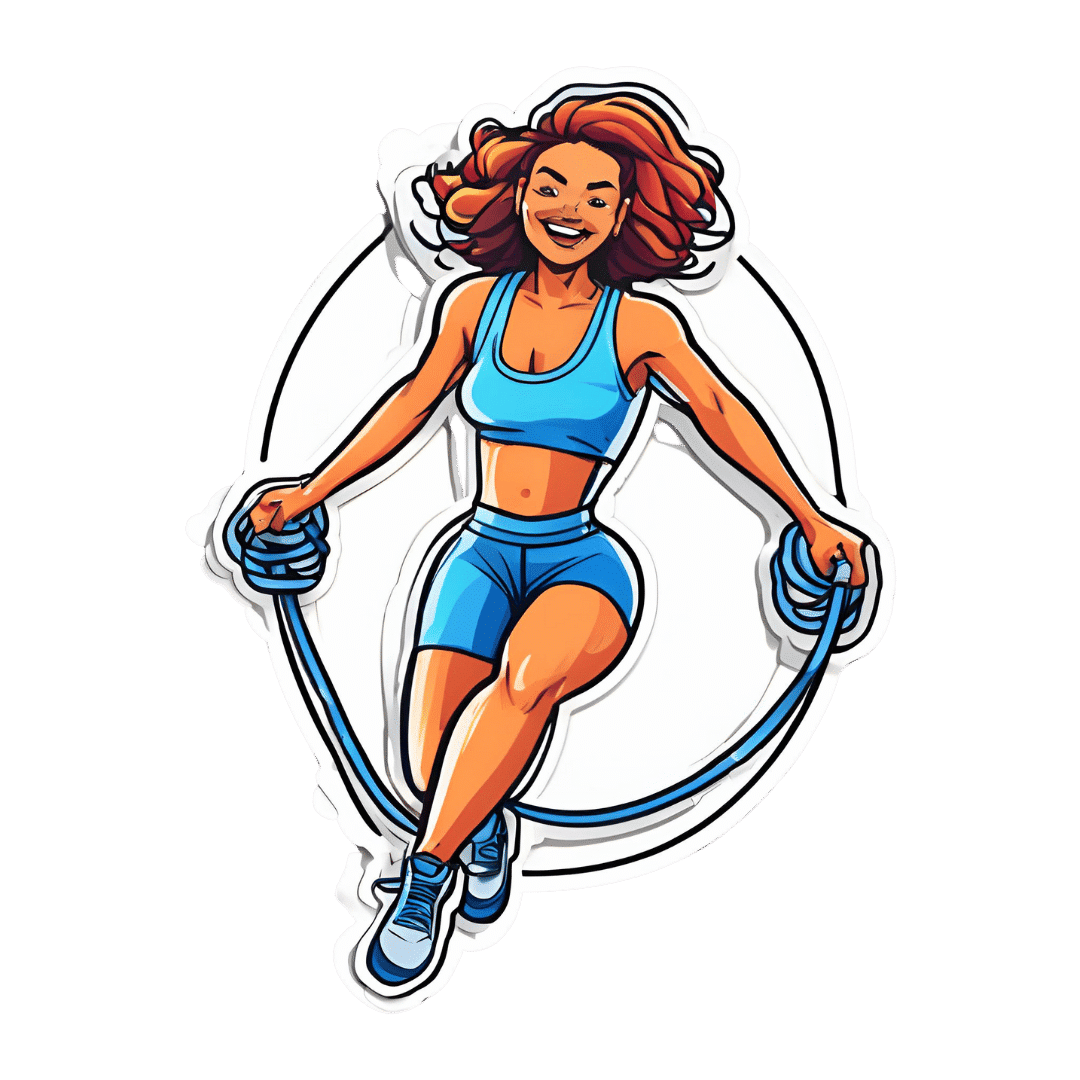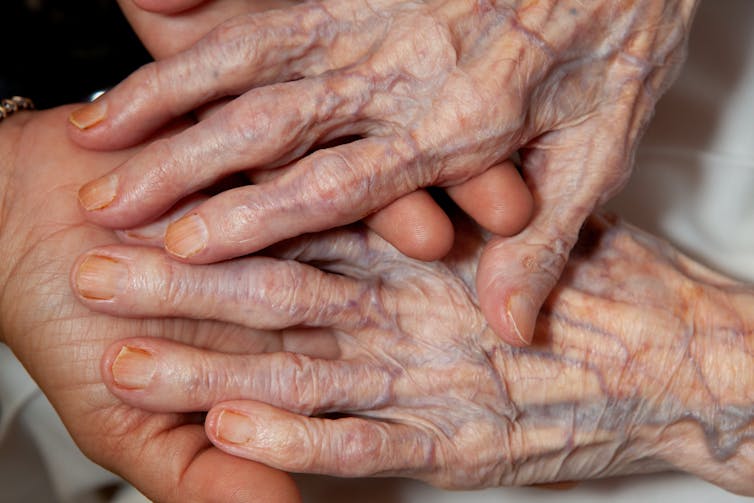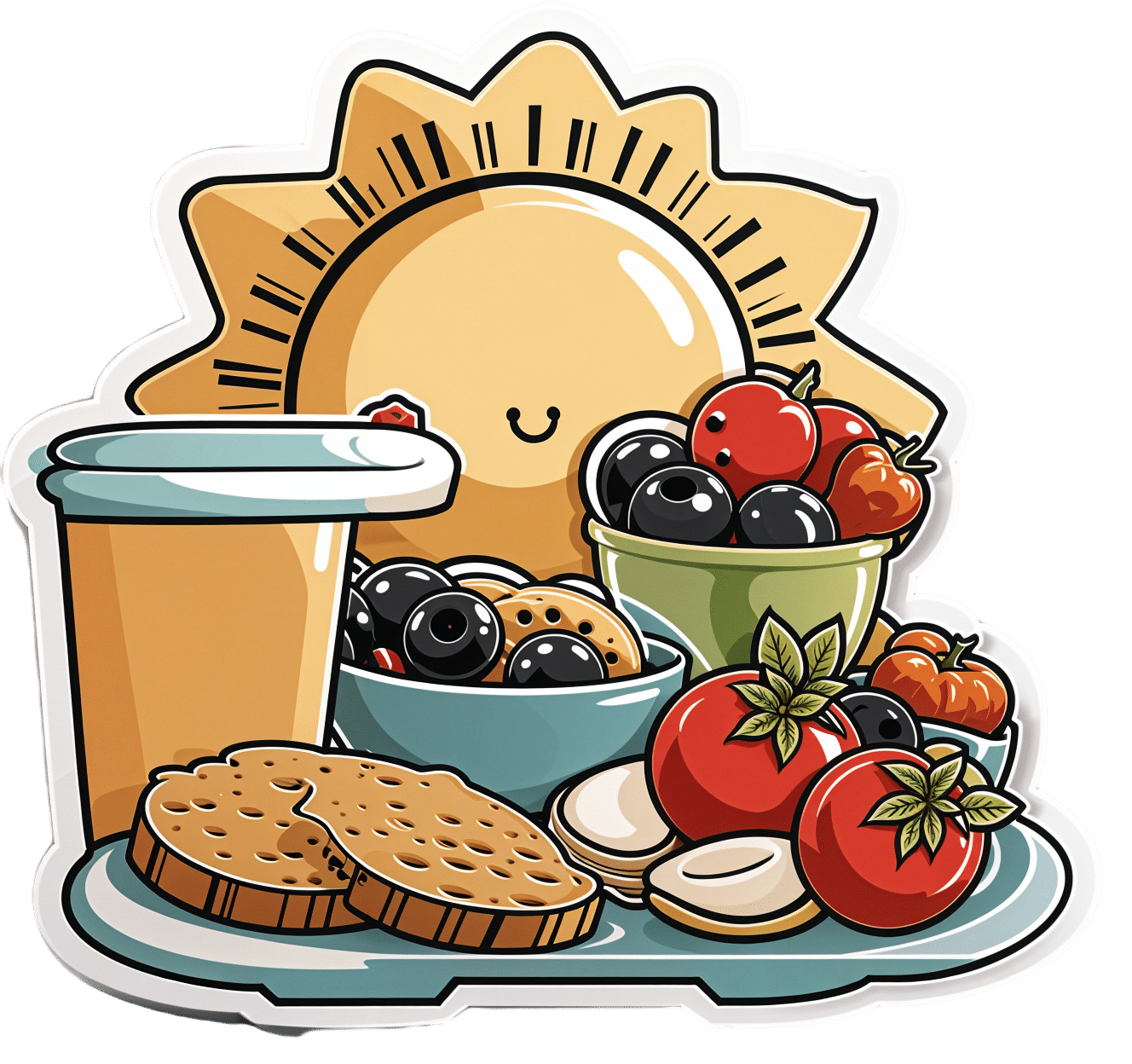
Keeping Your Kidneys Healthy (Especially After 60)
10almonds is reader-supported. We may, at no cost to you, receive a portion of sales if you purchase a product through a link in this article.
Keeping your kidneys happy: it’s more than just hydration!
Your kidneys are very busy organs. They filter waste products, balance hydration, pH, salt, and potassium. They also make some of our hormones, and are responsible for regulating red blood cell production too. They also handle vitamin D in a way our bodies would not work without, making them essential for calcium absorption and the health of our bones, and even muscular function.
So, how to keep them in good working order?
Yes, hydrate
This is obvious and may go without saying, but we try to not leave important things without saying. So yes, get plenty of water, spread out over the day (you can only usefully absorb so much at once!). If you feel thirsty, you’re probably already dehydrated, so have a little (hydrating!) drink.
Don’t smoke
It’s bad for everything, including your kidneys.
Look after your blood
Not just “try to keep it inside your body”, but also:
- Keep your blood sugar levels healthy (hyperglycemia can cause kidney damage)
- Keep your blood pressure healthy (hypertension can cause kidney damage)
Basically, your kidneys’ primary job of filtering blood will go much more smoothly if that blood is less problematic on the way in.
Watch your over-the-counter pill intake
A lot of PRN OTC NSAIDs (PRN = pro re nata, i.e. you take them as and when symptoms arise) (NSAIDs = Non-Steroidal Anti-Inflammatory Drugs, such as ibuprofen for example) can cause kidney damage if taken regularly.
Many people take ibuprofen (for example) constantly for chronic pain, especially the kind cause by chronic inflammation, including many autoimmune diseases.
It is recommended to not take them for more than 10 days, nor more than 8 per day. Taking more than that, or taking them for longer, could damage your kidneys temporarily or permanently.
Read more: National Kidney Foundation: Advice About Pain Medicines
See also: Which Drugs Are Harmful To Your Kidneys?
Get a regular kidney function checkup if you’re in a high risk group
Who’s in a high risk group?
- If you’re over 60
- If you have diabetes
- If you have cardiovascular disease
- If you have high blood pressure
- If you believe, or know, you have existing kidney damage
The tests are very noninvasive, and will be a urine and/or blood test.
For more information, see:
Kidney Testing: Everything You Need to Know
Take care!
Don’t Forget…
Did you arrive here from our newsletter? Don’t forget to return to the email to continue learning!
Recommended
Learn to Age Gracefully
Join the 98k+ American women taking control of their health & aging with our 100% free (and fun!) daily emails:
-
How Jumping Rope Changes The Human Body
10almonds is reader-supported. We may, at no cost to you, receive a portion of sales if you purchase a product through a link in this article.
Most popularly enjoyed by professional boxers and six-year-old girls, jumping rope is one of the most metabolism-boosting exercises around:
Just a hop, skip, and a jump away from good health
Maybe you haven’t tried it since your age was in single digits, so, if you do…
What benefits can you expect?
- Improves cardiovascular fitness, equivalent to 30 minutes of running with just 10 minutes of jumping.
- Increases bone density and boosts immunity by aiding the lymphatic system.
- Enhances explosiveness in the lower body, agility, and stamina.
- Improves shoulder endurance, coordination, and spatial awareness.
What kind of rope is best for you?
- Beginner ropes: licorice ropes (nylon/vinyl), beaded ropes for rhythm and durability.
- Advanced ropes: speed ropes (denser, faster materials) for higher speeds and more difficult skills.
- Weighted ropes: build upper body muscles (forearms, shoulders, chest, back).
What length should you get?
- Recommended rope length varies by height (8 ft for 5’0″–5’4″, 9 ft for 5’5″–5’11”, 10 ft for 6’0″ and above).
- Beginners should start with longer ropes for clearance.
What should you learn?
- Initial jump rope skills: start with manageable daily jump totals, gradually increasing as ankles, calves, and feet adapt.
- Further skills: learn the two-foot jump and then the boxer’s skip for efficient, longer sessions and advanced skills. Keep arms close and hands at waist level for a smooth swing.
For more on all of this, enjoy:
Click Here If The Embedded Video Doesn’t Load Automatically!
Want to learn more?
You might also like to read:
How To Do High Intensity Interval Training (Without Wrecking Your Body)
Take care!
Share This Post
-
5 Steps To Quit Sugar Easily
10almonds is reader-supported. We may, at no cost to you, receive a portion of sales if you purchase a product through a link in this article.
Sugar is one of the least healthy things that most people consume, yet because it’s so prevalent, it can also be tricky to avoid at first, and the cravings can also be a challenge. So, how to quit it?
Step by step
Dr. Mike Hansen recommends the following steps:
- Be aware: a lot of sugar consumption is without realizing it or thinking about it, because of how common it is for there to be added sugar in things we might purchase ready-made, even supposedly healthy things like yogurts, or easy-to-disregard things like condiments.
- Recognize sugar addiction: a controversial topic, but Dr. Hansen comes down squarely on the side of “yes, it’s an addiction”. He wants us to understand more about the mechanics of how this happens, and what it does to us.
- Reduce gradually: instead of going “cold turkey”, he recommends we avoid withdrawal symptoms by first cutting back on liquid sugars like sodas, juices, and syrups, before eliminating solid sugar-heavy things like candy, sugar cookies, etc, and finally the more insidious “why did they put sugar in this?” added-sugar products.
- Find healthy alternatives: simple like-for-like substitutions; whole fruits instead of juices/smoothies, for example. 10almonds tip: stuffing dates with an almond each makes it very much like eating chocolate, experientially!
- Manage cravings: Dr. Hansen recommends distraction, and focusing on upping other healthy habits such as hydration, exercise, and getting more vegetables.
For more on each of these, enjoy:
Click Here If The Embedded Video Doesn’t Load Automatically!
Want to learn more?
You might also like to read:
- Which Sugars Are Healthier, And Which Are Just The Same?
- Mythbusting The Not-So-Sweet Science Of Sugar Addiction
Take care!
Share This Post
-
Voluntary assisted dying is different to suicide. But federal laws conflate them and restrict access to telehealth
10almonds is reader-supported. We may, at no cost to you, receive a portion of sales if you purchase a product through a link in this article.
Voluntary assisted dying is now lawful in every Australian state and will soon begin in the Australian Capital Territory.
However, it’s illegal to discuss it via telehealth. That means people who live in rural and remote areas, or those who can’t physically go to see a doctor, may not be able to access the scheme.
A federal private members bill, introduced to parliament last week, aims to change this. So what’s proposed and why is it needed?
What’s wrong with the current laws?
Voluntary assisted dying doesn’t meet the definition of suicide under state laws.
But the Commonwealth Criminal Code prohibits the discussion or dissemination of suicide-related material electronically.
This opens doctors to the risk of criminal prosecution if they discuss voluntary assisted dying via telehealth.
Successive Commonwealth attorneys-general have failed to address the conflict between federal and state laws, despite persistent calls from state attorneys-general for necessary clarity.
This eventually led to voluntary assistant dying doctor Nicholas Carr calling on the Federal Court of Australia to resolve this conflict. Carr sought a declaration to exclude voluntary assisted dying from the definition of suicide under the Criminal Code.
In November, the court declared voluntary assisted dying was considered suicide for the purpose of the Criminal Code. This meant doctors across Australia were prohibited from using telehealth services for voluntary assisted dying consultations.
Last week, independent federal MP Kate Chaney introduced a private members bill to create an exemption for voluntary assisted dying by excluding it as suicide for the purpose of the Criminal Code. Here’s why it’s needed.
Not all patients can physically see a doctor
Defining voluntary assisted dying as suicide in the Criminal Code disproportionately impacts people living in regional and remote areas. People in the country rely on the use of “carriage services”, such as phone and video consultations, to avoid travelling long distances to consult their doctor.
Other people with terminal illnesses, whether in regional or urban areas, may be suffering intolerably and unable to physically attend appointments with doctors.
The prohibition against telehealth goes against the principles of voluntary assisted dying, which are to minimise suffering, maximise quality of life and promote autonomy.
Some people aren’t able to attend doctors’ appointments in person.
Jeffrey M Levine/ShutterstockDoctors don’t want to be involved in ‘suicide’
Equating voluntary assisted dying with suicide has a direct impact on doctors, who fear criminal prosecution due to the prohibition against using telehealth.
Some doctors may decide not to help patients who choose voluntary assisted dying, leaving patients in a state of limbo.
The number of doctors actively participating in voluntary assisted dying is already low. The majority of doctors are located in metropolitan areas or major regional centres, leaving some locations with very few doctors participating in voluntary assisted dying.
It misclassifies deaths
In state law, people dying under voluntary assisted dying have the cause of their death registered as “the disease, illness or medical condition that was the grounds for a person to access voluntary assisted dying”, while the manner of dying is recorded as voluntary assisted dying.
In contrast, only coroners in each state and territory can make a finding of suicide as a cause of death.
In 2017, voluntary assisted dying was defined in the Coroners Act 2008 (Vic) as not a reportable death, and thus not suicide.
The language of suicide is inappropriate for explaining how people make a decision to die with dignity under the lawful practice of voluntary assisted dying.
There is ongoing taboo and stigma attached to suicide. People who opt for and are lawfully eligible to access voluntary assisted dying should not be tainted with the taboo that currently surrounds suicide.
So what is the solution?
The only way to remedy this problem is for the federal government to create an exemption in the Criminal Code to allow telehealth appointments to discuss voluntary assisted dying.
Chaney’s private member’s bill is yet to be debated in federal parliament.
If it’s unsuccessful, the Commonwealth attorney-general should pass regulations to exempt voluntary assisted dying as suicide.
A cooperative approach to resolve this conflict of laws is necessary to ensure doctors don’t risk prosecution for assisting eligible people to access voluntary assisted dying, regional and remote patients have access to voluntary assisted dying, families don’t suffer consequences for the erroneous classification of voluntary assisted dying as suicide, and people accessing voluntary assisted dying are not shrouded with the taboo of suicide when accessing a lawful practice to die with dignity.
Failure to change this will cause unnecessary suffering for patients and doctors alike.
Michaela Estelle Okninski, Lecturer of Law, University of Adelaide; Marc Trabsky, Associate professor, La Trobe University, and Neera Bhatia, Associate Professor in Law, Deakin University
This article is republished from The Conversation under a Creative Commons license. Read the original article.
Share This Post
Related Posts
-
What Seasonal Allergies Mean For Your Heart
10almonds is reader-supported. We may, at no cost to you, receive a portion of sales if you purchase a product through a link in this article.
Most people associate seasonal allergies with itchy eyes and stuffy noses, but the effects can go a lot deeper.
This is because allergic reactions don’t just affect the respiratory system; they trigger chronic inflammation throughout the body, and in fact:
❝Allergic disease is a systemic and inflammatory condition❞
~ Dr. Rauno Joks, whose work we will cite in a moment
The important thing to understand in terms of heart health, is that chronic* systemic inflammation can contribute to coronary artery disease, where plaque buildup in arteries (bearing in mind, arterial plaque is in large part made of dead immune cells) raises the risk of heart attacks and strokes.
*Yes, a season once or twice per year counts as “chronic”.
A large (n=603,140) study found that allergic rhinitis (hay fever) increased the odds of coronary heart disease by 25% and heart attacks by 20%. Asthma, especially during flare-ups, posed an even greater risk:
Beyond biology
The effects aren’t just biological; allergies can limit physical activity, leading to a sedentary lifestyle that harms heart health.
In other words: if you’re not going outdoors because there’s pollen, and you’re not exercising because you’re exhausted, then the rest of your health is going to take a nose-dive (so to speak) too.
So, one more reason to take it seriously and not just dismiss it as “it’s just allergies, I’ll survive”.
Practical takeaways
Some things we can all do:
- Monitor your risk factors; i.e. keep on top of your heart health metrics, especially blood pressure and cholesterol, as well as any known genetic predisposition to cardiovascular disease.
- Watch out for alternative causes: symptoms like fatigue or shortness of breath may not always be allergies; they could signal asthma, reflux (for example if wheezing), or even heart disease. An allergist is a good first port-of-call, though.
- Be cautious with medications: some decongestants / allergy meds / asthma meds can raise blood pressure and/or interfere with other medications. Your pharmacist is the best person to speak to about this; they know this kind of thing much better than doctors, as a rule. And whenever you get a new medication, it is good practice to make a habit of always reading the information leaflet that comes with it, and/or look it up on a reputable website such as Drugs.com or the the BNF, to learn about what it is, how it works, what the risks are, what its contraindications are, etc.
- Don’t ignore warning signs: lightheadedness or chest pain could indicate a heart issue and should be addressed immediately. It’s better to be wrong and temporarily embarrassed, than wrong and permanently dead. Besides, even if it’s not a heart issue, it may be something else that would benefit from attention, so taking it seriously is always a good idea.
Want to know more?
Check out:
- What Your Mucus Says About Your Health
- Antihistamines’ Generation Gap
- Oh, Honey: The Bee’s Knees? ← what science has to say about “honey will inoculate you against allergies”
Take care!
Don’t Forget…
Did you arrive here from our newsletter? Don’t forget to return to the email to continue learning!
Learn to Age Gracefully
Join the 98k+ American women taking control of their health & aging with our 100% free (and fun!) daily emails:
-
Vital Aspects of Holistic Wellness
10almonds is reader-supported. We may, at no cost to you, receive a portion of sales if you purchase a product through a link in this article.
It’s Q&A Day!
Have a question or a request? You can always hit “reply” to any of our emails, or use the feedback widget at the bottom!
This newsletter has been growing a lot lately, and so have the questions/requests, and we love that! In cases where we’ve already covered something, we might link to what we wrote before, but will always be happy to revisit any of our topics again in the future too—there’s always more to say!
As ever: if the question/request can be answered briefly, we’ll do it here in our Q&A Thursday edition. If not, we’ll make a main feature of it shortly afterwards!
So, no question/request too big or small
Q: I am interested in the following: Aging, Exercise, Diet, Relationships, Purpose, Lowering Stress
You’re going to love our Psychology Sunday editions of 10almonds! You might like some of these…
- Relationships: Seriously Useful Communication Skills!
- Purpose: Are You Flourishing? (There’s a Scale)
- Managing stress: Lower Your Cortisol! (Here’s Why & How)
- Also about managing stress: Sunday Stress-Buster
- Also applicable to stress: How To Set Your Anxiety Aside
Don’t Forget…
Did you arrive here from our newsletter? Don’t forget to return to the email to continue learning!
Learn to Age Gracefully
Join the 98k+ American women taking control of their health & aging with our 100% free (and fun!) daily emails:
-
Breakfasting For Health?
10almonds is reader-supported. We may, at no cost to you, receive a portion of sales if you purchase a product through a link in this article.
Breakfast Time!
In yesterday’s newsletter, we asked you for your health-related opinions on the timings of meals.
But what does the science say?
Quick recap on intermittent fasting first:
Today’s article will rely somewhat on at least a basic knowledge of intermittent fasting, what it is, and how and why it works.
Armed with that knowledge, we can look at when it is good to break the fast (i.e. breakfast) and when it is good to begin the fast (i.e. eat the last meal of the day).
So, if you’d like a quick refresher on intermittent fasting, here it is:
Intermittent Fasting: We Sort The Science From The Hype
And now, onwards!
One should eat breakfast first thing: True or False?
True! Give or take one’s definition of “first thing”. We did a main feature about this previously, and you can read a lot about the science of it, and see links to studies:
The Circadian Rhythm: Far More Than Most People Know
In case you don’t have time to read that now, we’ll summarize the most relevant-to-today’s-article conclusion:
The optimal time to breakfast is around 10am (this is based on getting sunlight around 8:30am, so adjust if this is different for you)
It doesn’t matter when we eat; calories are calories & nutrients are nutrients: True or False?
Broadly False, for practical purposes. Because, indeed calories are calories and nutrients are nutrients at any hour, but the body will do different things with them depending on where we are in the circadian cycle.
For example, this study in the Journal of Nutrition found…
❝Our results suggest that in relatively healthy adults, eating less frequently, no snacking, consuming breakfast, and eating the largest meal in the morning may be effective methods for preventing long-term weight gain.
Eating breakfast and lunch 5-6 h apart and making the overnight fast last 18-19 h may be a useful practical strategy.❞
Read in full: Meal Frequency and Timing Are Associated with Changes in Body Mass Index
We should avoid eating too late at night: True or False?
False per se, True in the context of the above. Allow us to clarify:
There is nothing inherently bad about eating late at night; there is no “bonus calorie happy hour” before bed.
However…
If we are eating late at night, that makes it difficult to breakfast in the morning (as is ideal) and still maintain a >16hr fasting window as is optimal, per:
❝the effects of the main forms of fasting, activating the metabolic switch from glucose to fat and ketones (G-to-K), starting 12-16 h after cessation or strong reduction of food intake❞
~ Dr. Françoise Wilhelmi de Toledo et al.
So in other words: since the benefits of intermittent fasting start at 12 hours into the fast, you’re not going to get them if you’re breakfasting at 10am and also eating in the evening.
Summary:
- It is best to eat breakfast around 10am, generally (ideally after some sunlight and exercise)
- While there’s nothing wrong with eating in the evening per se, doing so means that a 10am breakfast will eliminate any fasting benefits you might otherwise get
- If a “one meal a day, and that meal is breakfast” lifestyle doesn’t suit you, then one possible good compromise is to have a large breakfast, and then a smaller meal in the late afternoon / early evening.
One last tip: the above is good, science-based information. Use it (or don’t), as you see fit. We’re not the boss of you:
- Maybe you care most about getting the best circadian rhythm benefits, in which case, prioritizing breakfast being a) in the morning and b) the largest meal of the day, is key
- Maybe you care most about getting the best intermittent fasting benefits, in which case, for many people’s lifestyle, a fine option is skipping eating in the morning, and having one meal in the late afternoon / early evening.
Take care!
Don’t Forget…
Did you arrive here from our newsletter? Don’t forget to return to the email to continue learning!
Learn to Age Gracefully
Join the 98k+ American women taking control of their health & aging with our 100% free (and fun!) daily emails:








